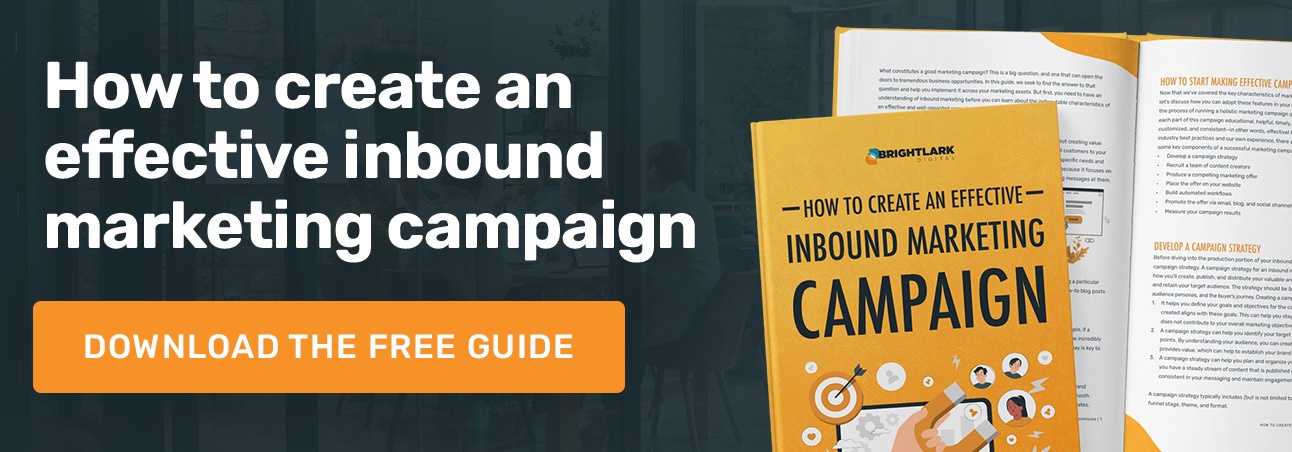Keyword optimization: when you need it and when you don't


It's easy to get confused about the importance of keywords. Some people come to a mistaken belief that everything on your site should be optimized all the time. Others, also mistakenly, think that we're in a post keyword era and that they can safely be ignored. While search engines continue to evolve their algorithms, keywords remain an integral part of good SEO. However, they need to be used wisely. A few tips on where they count and where they do not:
Where You Need Strong Keywords
Keywords help search engines determine what your site is about. Because of this, it's imperative to optimize for the ones that describe your site best in the places it matters most. Your site's meta description is used by Google and other search engines as part of the text that describes the page in results. Keep this short and to the point.
The titles of each page should be keyword optimized. Never leave the default "index" or "home" as a title. Similarly, each other page title should be optimized to fit your business "Dog Toy Blog" not "Blog."
Pages like your home page and landing page should be optimized for specific keywords, but not at the expense of readability. You want searchers to land on your page, but, you do not want to alienate them with awkward and over-optimized text.
Where It Matters Less
Don't bend yourself out of shape trying to optimize every single blog post and article on the site. Concentrate on quality content over search engine optimization. When text is over-optimized, search engines will penalize the site instead of indexing it higher. In general, as long as a blog post has a meta title that is attractive to search engines, an optimized custom URL and is properly tagged, don't worry too much about optimizing the text of the post itself.
Where It Doesn't Matter at All
Some novice marketers take the keyword gospel too far, trying to insert search terms where they do not belong and where they can do no good. There's no reason, for instance, to worry about keyword density in an ebook. These won't be crawled by search engines. Additionally, any words that are inside an image, for instance, in an infographic, do not need to be optimized. Embedded text can't been seen by search engines.
Keywords matter, but, they are far from the only element of a search engine friendly, high conversion page. Think of them, instead, as a single tool in your arsenal. They are highly effective, but only when they are the right tool to reach for and when used in conjunction with the rest of your tool box.

March 14, 2014
